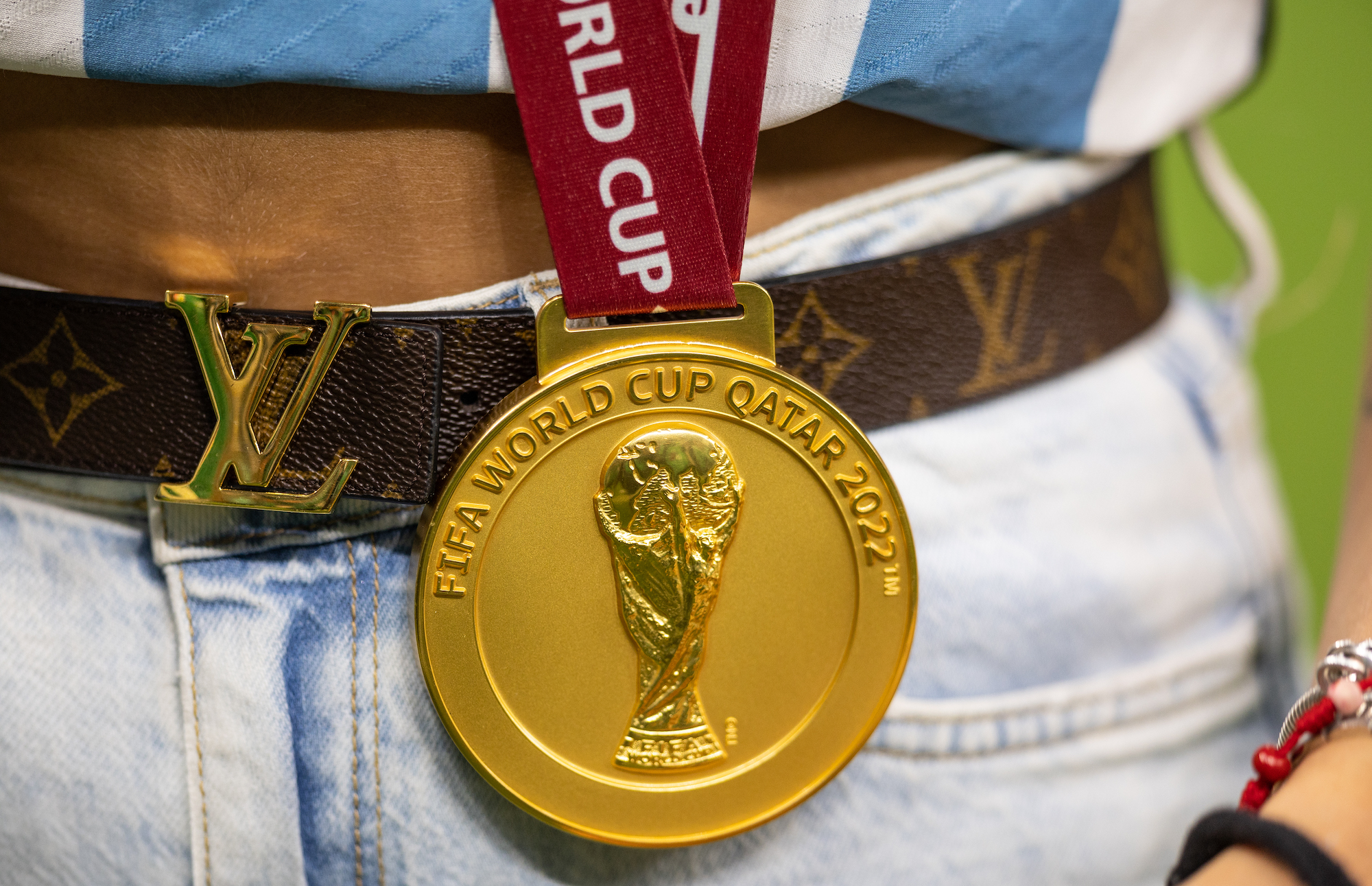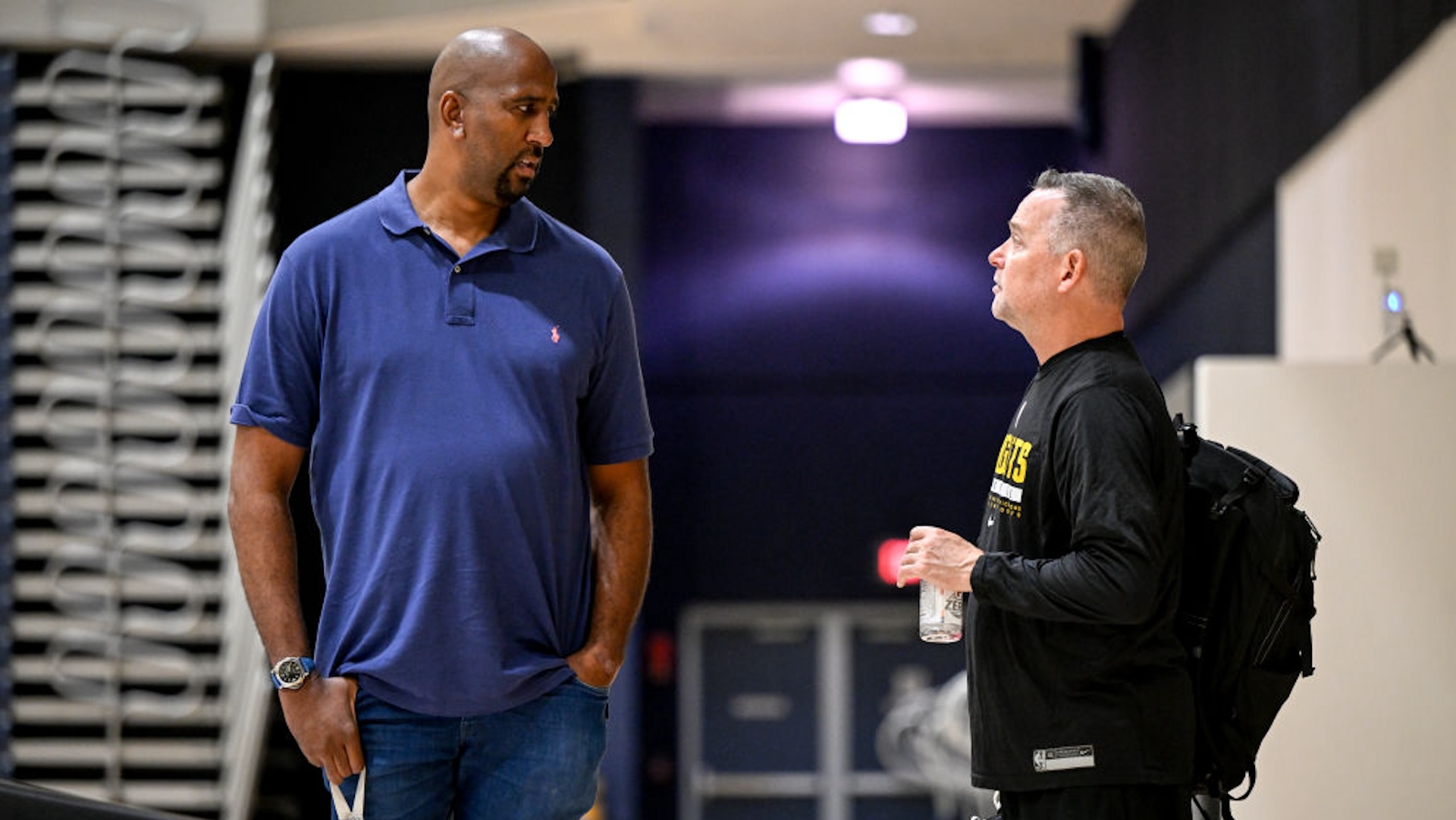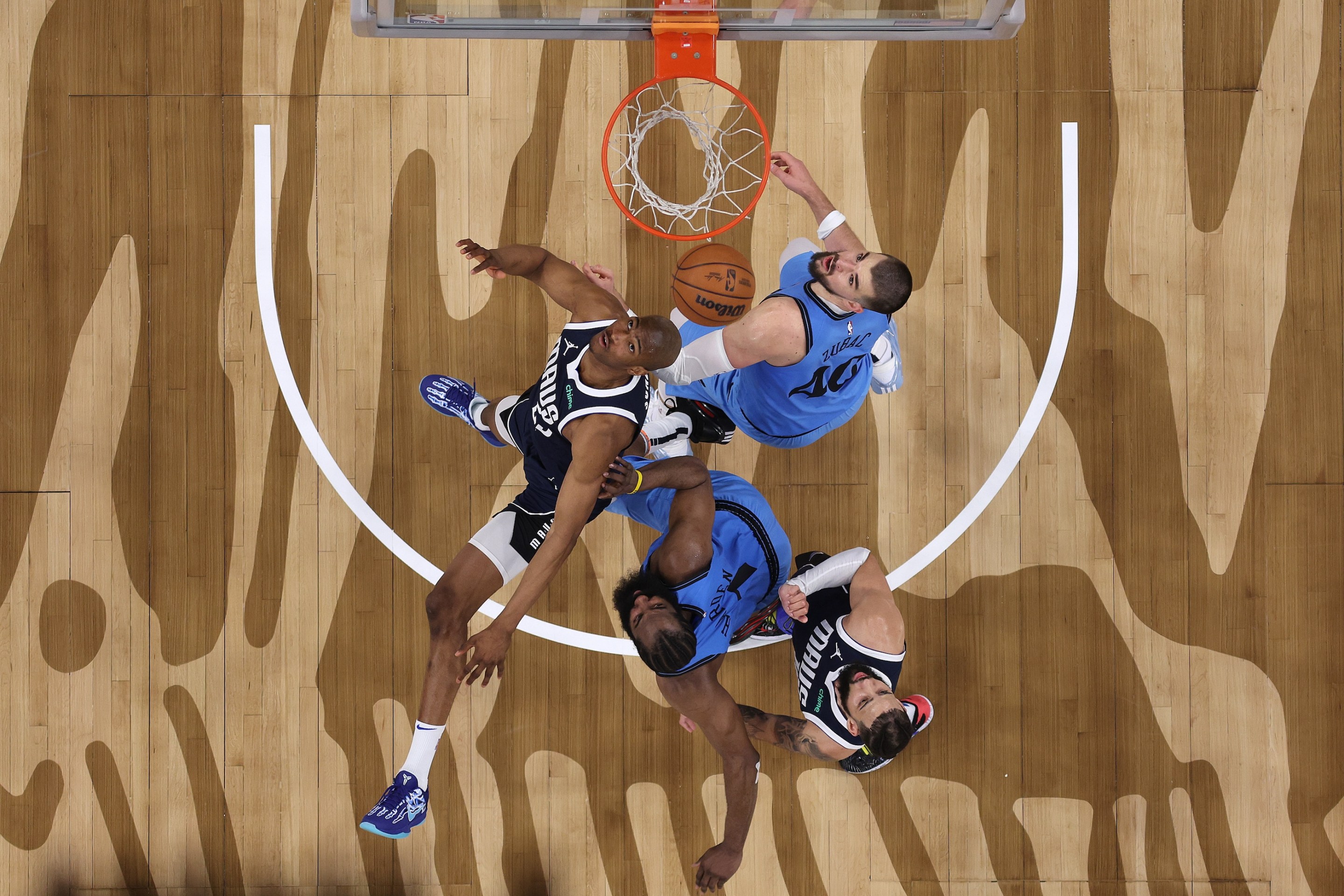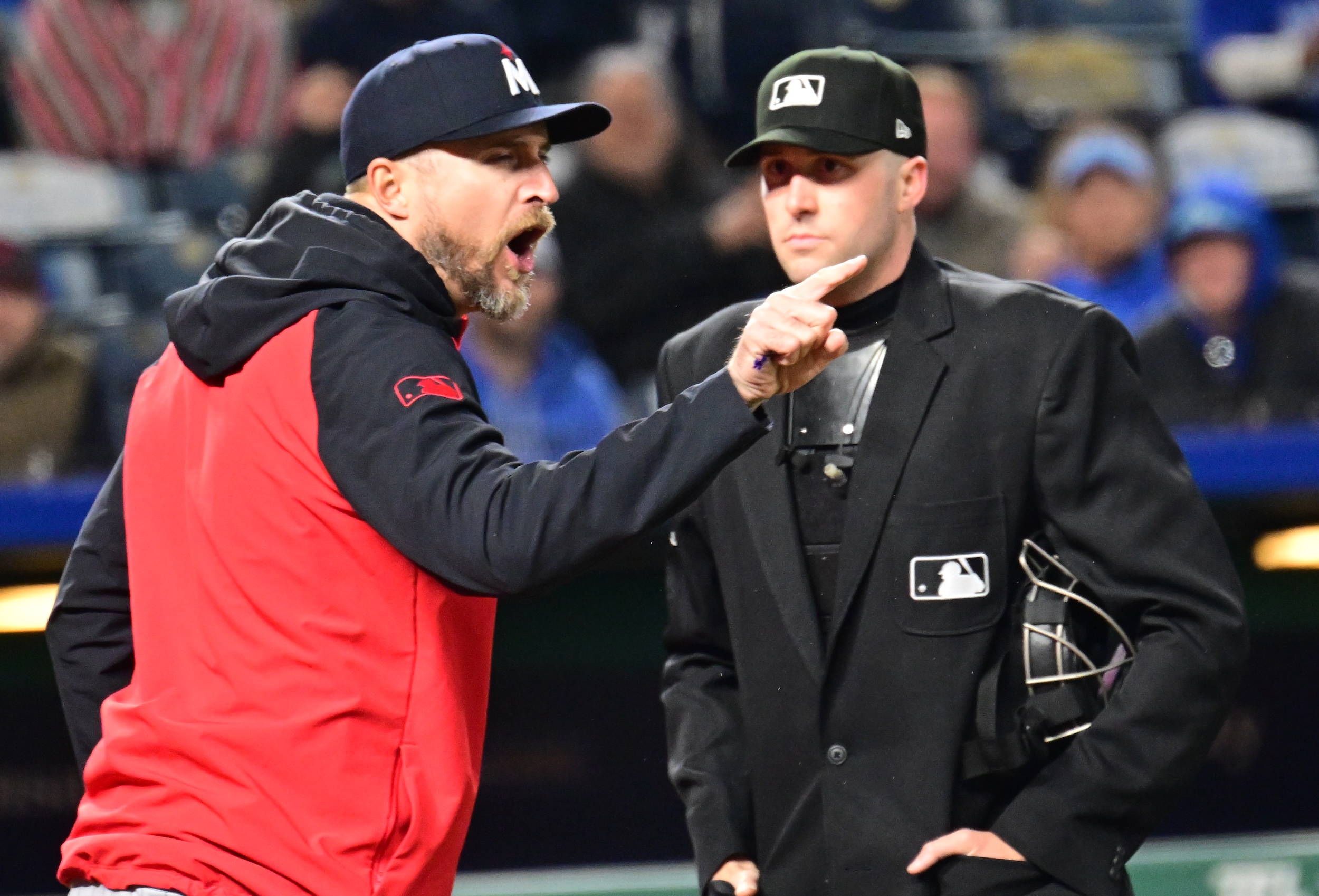The Qatar Investment Authority's five-percent stake in Monumental Sports & Entertainment, which owns the Washington Wizards, Mystics, and Capitals and would be the first instance of a sovereign wealth fund investing in major American sports, is hard to place into proper context—and not just because the deal is still pending approval from the NBA. A passive non-controlling interest wouldn't mean anything in the immediate, but it can be viewed in a not-really-all-that-cynical light as a foothold.
This kind of purchase has been happening elsewhere at a larger scale for a while. Champions League–winning Manchester City, Paris Saint-Germain, and Newcastle United are all funded by Gulf money, which can also be found all over Formula 1, too. Doha has been a site for international track and field since the late 1990s. WWE has held events in Saudi Arabia for almost a decade; some of the biggest boxing matches have been hosted in the United Arab Emirates. Qatar hosted the 2022 World Cup and was basically allowed to conduct it how it wanted: no beer (except for the ultra-rich), no protests against the country's anti-gay laws, no criticism of migrant worker mistreatment. The Saudi-backed LIV Golf is less known for its on-course product than its members' remarks on 9/11 and Jamal Khashoggi.
The Gulf does not operate as a monolith, of course. These countries are in a race to use their oil money to diversify their economies and gain more influence. Qatar and the UAE had a head start, but Mohammad bin Salman, the prime minister of Saudi Arabia, pushed his Vision 2030 initiative with the goal of making the country less dependent on its biggest export. As illustrated in a 2019 Financial Times article, cost is no issue:
“The sky is the limit for us because it is the mandate within the 2030 Vision to host the best competitions, to promote Saudi in terms of tourism and to use sports, culture and entertainment as a tool,” says Prince Abdulaziz bin Turki al-Faisal, chairman of the kingdom’s General Sports Authority. “Literally, [Mohammed bin Salman] says: ‘Abdulaziz, you are doing this for your country. If it’s in the benefit of Saudi Arabia, go out and do it and we don’t have any limits.’”
As these countries invest more and more, it's less of an alarmist cry than an inevitability: Gulf wealth is coming to American sports. This is commonly categorized as sportswashing, an attempt to launder the reputation of countries with repressive human rights through globally popular teams and events. Any time someone recalls the Argentina-France final, Qatar's name will be right there with it. FIFA's cynical bet is that the 2022 World Cup will be remembered more for Lionel Messi's greatness than the dead migrant workers. To call this sportswashing isn't incorrect, but the objective is more ambitious than that. These petrostates have practically unlimited wealth and resources. Normalization is one part, but actual geopolitical influence is the greater goal.
When something like a UFC event or preseason basketball game is held in one of these countries, it's a pitch to the rest of the world: It went off without a hitch. We can be trusted with something bigger. Anyone who paid attention beyond the soccer games saw that the 2022 World Cup was a messy, ugly affair. But in the eyes of FIFA, nothing disastrous happened. What we see as horrific and repressive can be rationalized as a moral rounding error by these entities if the money's there. Why else would the PGA Tour turn around and merge with LIV Golf? So what if the U.S. Department of Justice is going to investigate the deal? Figure out the details later.
Consider the current prices of franchise ownership. Last year, the Phoenix Suns and Mercury sold for $4 billion; the Denver Broncos went for $4.65 billion. As franchise valuations increase, the number of individuals with the available capital shrinks. When that happens, a league that wants to maintain growth will have to entertain some courting from petrostates. Sure, the NBA has a policy limiting sovereign wealth funds to minority, non-controlling investments. See if anything changes when those become the best offers.
The sports world is merely catching up to what's already happened in other realms. Will Smith climbed the Burj Khalifa. Kim Kardashian pretended she knew how to speak Arabic. Leonardo DiCaprio visited Salt Bae's restaurant to observe him excessively massage his meat. There was outcry when Beyoncé held an exclusive concert in Dubai, wondering what message it sent to her LGBT fans that she'd perform in a country where homosexuality is illegal. (The unspoken rule of being gay in these wealthy cities, like drinking booze at the World Cup, is that it's overlooked as long as you have enough money.)
It helps to look at this from a less Americentric perspective, because that's the best explanation here: The Americentric perspective doesn't hit like it used to. The accusation of sportswashing certainly can be turned around on the United States—the NFL and NBA is used as cultural cover for needless wars and atrocities committed in other countries, a claim that sounds even less audacious when you consider the pregame anthems or the Salute to Service—but there's more to it than that. This is a race in which the U.S. is sucking wind. It's jarring to some Americans when LIV Golf doesn't wither and die, when 9/11 is no longer seen as a dealbreaker, when a weakening empire is treated the same way it so frequently treated others. Think of Qatar's interest in the Wizards not as the first step toward the Washington Emirs, but rather as a step toward what will soon be business as usual.






